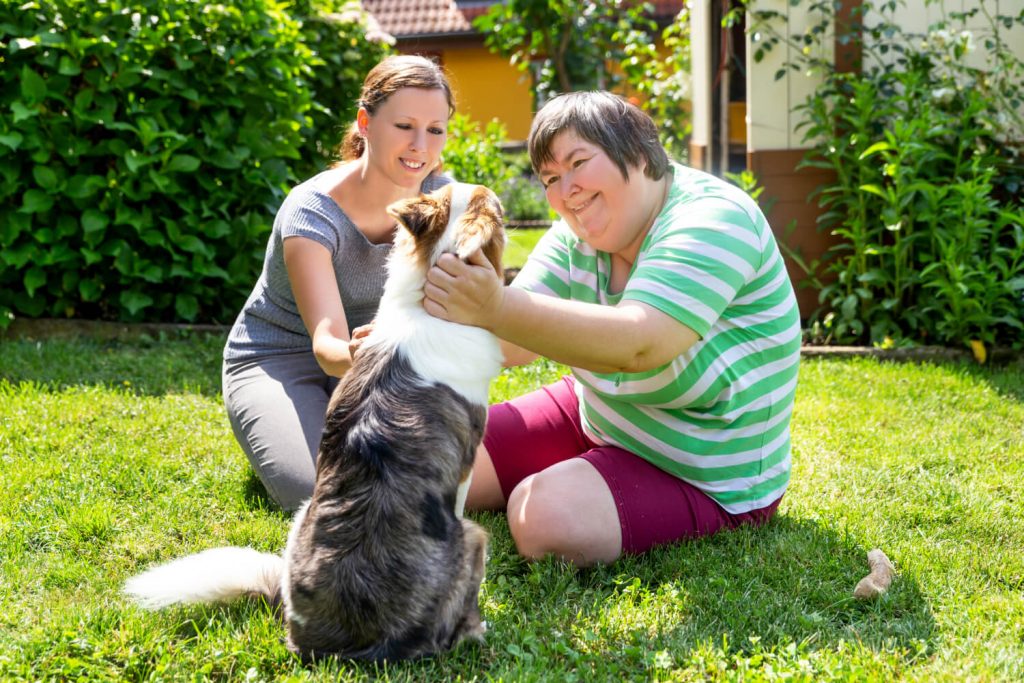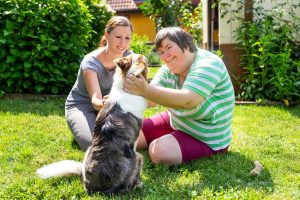Strong communication is a vital skill in life. The ability to communicate well can make all the difference. Small communities, such as assisted living facilities and nursing homes, rely on effective communication between caregivers and residents to ensure that everyone’s needs are met. Whether you are a resident, family member or caregiver, it’s essential to communicate properly.
Here are nine tips for communicating with caregivers and residents in small communities:
Be Respectful and Professional
Always be respectful. When communicating with caregivers and residents, it’s important to be respectful and professional. Address caregivers and residents by their preferred names, listen actively to their concerns, and always maintain a positive and professional demeanour.
Communicate Regularly
The more the better. Regular communication is key to ensuring that everyone’s needs are met in a small community. Schedule regular meetings with caregivers and residents to discuss any issues, concerns, or updates related to care and treatment.
Use Simple Language
Simple language and reduce misunderstandings. Many residents in small communities have cognitive impairments or memory loss, so it’s important to use simple language when communicating with them. Avoid using medical jargon or complex terms and speak slowly and clearly. Simple language is also important to use when dealing with people for whom English is not their first language.
Use Visual Aids
Some people have stronger ways of communication. Visual aids, such as pictures and diagrams, can be helpful for residents who have difficulty understanding verbal communication. Use visual aids to help explain care and treatment plans or to illustrate daily schedules.
Encourage Open Communication
Encourage caregivers and residents to communicate openly and honestly about their needs and concerns. Create a safe and supportive environment where everyone feels comfortable sharing their thoughts and feelings.
Use Active Listening Skills
Active listening is a key component of effective communication. Use active listening skills, such as repeating what the other person has said, clarifying any misunderstandings, and asking follow-up questions to ensure that you fully understand their perspective.
Use Positive Reinforcement
Positive reinforcement can be a powerful tool for encouraging desired behaviours in residents. Praise residents for their accomplishments and progress and use positive reinforcement to encourage them to continue working towards their goals.
Provide Feedback
Provide feedback to caregivers and residents on their performance and progress. Let them know when they are doing well and offer constructive criticism and suggestions for improvement when necessary. Feedback can help ensure everyone is on the same page.
Document Communication
Document all communication with caregivers and residents in writing, including any concerns, issues, or updates related to care and treatment. This can help ensure that everyone is on the same page and can serve as a record for future reference.
Effective communication is crucial for ensuring that the needs of caregivers and residents in small communities are met. This will help you create a supportive and collaborative environment that promotes the health and well-being of everyone involved.
At Resident Care, we can do our part by helping smaller communities and groups within society with all their pharmaceutical needs. Contact us for all your medication and health product needs.








